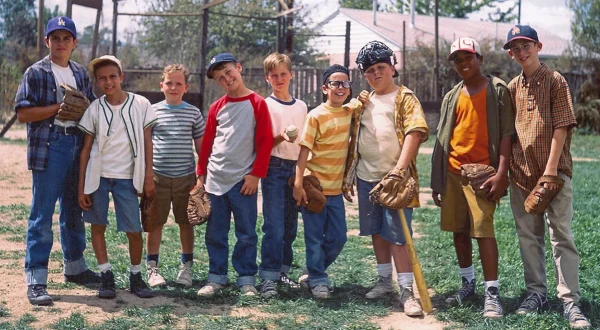As we reopen from COVID-19, let’s not forget about children
Last week, in a significant step in the progression toward normalcy, the CDC announced that “fully vaccinated people can resume activities without wearing a mask or physically distancing, except where required by federal, state, local, tribal or territorial laws, rules and regulations, including local business and workplace guidance.”
The number of COVID-19 cases, hospitalizations and deaths in the U.S. are decreasing, and 37.8% of the population have been vaccinated, according to CDC data. However, as adults take this step, they also need to consider a group of our population that does not yet have the protection of vaccination: young children.
While not as many children have gotten sick with COVID-19 in comparison to adults, and they usually experience mild symptoms, the risk for severe disease, hospitalization and death is not nonexistent — especially in regard to a virus deadlier and more contagious than the flu. Long-term effects of the virus remain largely unknown, and although rare, there have been pediatric cases of a multi-system inflammatory syndrome (MIS-C), a COVID-19 complication that causes inflammation of the heart, lungs, kidneys, brain, skin, eyes and/or gastrointestinal organs.
Dr. Leana Wen, an op-ed columnist with The Washington Post and a CNN medical analyst, wrote that going forward, fully vaccinated people should consider three things when resuming pre-pandemic activities: “medical risk of your household; personal risk tolerance; and circumstances involved.”
Wen also noted that as a mother of two young children, “If a social gathering won’t have masks or [social distancing], I’d go if it’s outdoors or requires proof of vaccination, but would still avoid indoor, unmasked, unvaccinated get-togethers.”
The Food and Drug Administration (FDA) has issued an expansion of their emergency use authorization for the Pfizer-BioNTech COVID-19 vaccine to include adolescents 12 through 15 years of age. Additionally, clinical trials for the Pfizer, Moderna and Johnson & Johnson are also underway to test the safety and efficacy of COVID-19 vaccines for younger children.
On Wednesday, Dr. Anthony Fauci, director of the U.S. National Institute of Allergy and Infectious Diseases and the chief medical advisor to President Biden, said the children at least as young as four “would likely be able to get vaccinated by the time we reach the end of calendar year 2021 and at the latest, into the first quarter of 2022.”
When asked if children should be vaccinated, Dr. James Shaya of Premiere Pediatrics in Clarkston replied with an adamant “yes.”
“There are a lot of unknown factors with this virus [COVID-19], and we should err on the side of caution,” Dr. Shaya said.
CDC guidelines recommend that unvaccinated children continue to take precautionary measures like washing their hands and wearing masks in crowded indoor and outdoor public spaces like public transport and schools to mitigate the spread of the virus.
As the older sister of a child who is not yet eligible for vaccination, my hope is that everyone will continue to take precautionary measures so that the spread of COVID-19 is mitigated and all people can remain healthy and safe.





